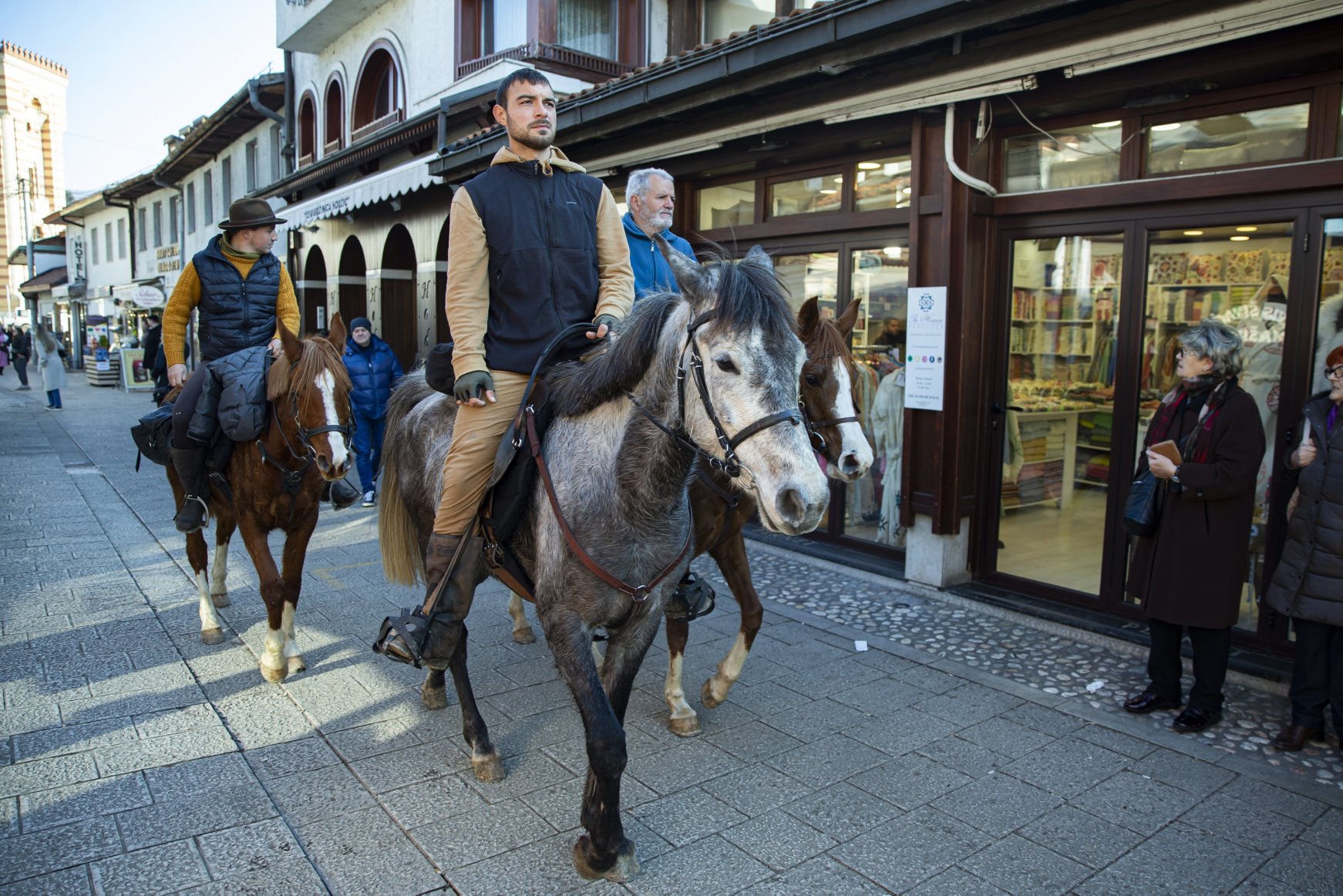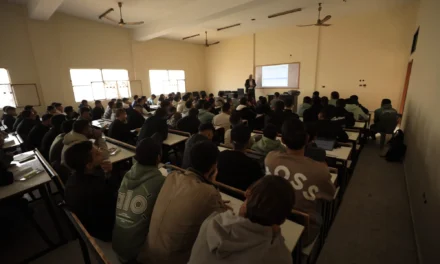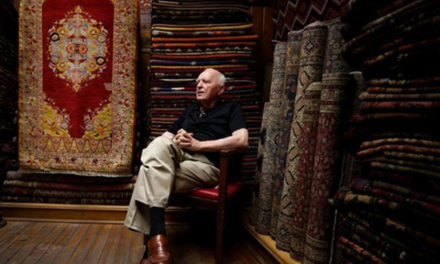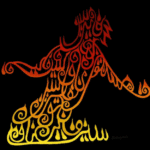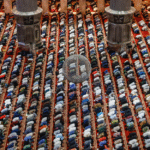Three Spanish Muslims have revived a centuries-old path to the Hajj that had not been used in over 500 years.
Abdelkader Harkassi, Abdallah Hernandez, and Tariq Rodriguez completed an 8,000-kilometre journey on horseback from southern Spain to Saudi Arabia, retracing a route once followed by Andalusian Muslims before the end of Muslim rule in Spain.
Their journey, called “Hajj on Horseback,” began in October 2024 at the Al-Monaster Mosque in southern Spain. Riding Arabian horses and with only basic resources, the three men spent seven months traveling through ten countries: Spain, France, Italy, Slovenia, Croatia, Bosnia and Herzegovina, Serbia, Turkiye, Syria, and Jordan. Their goal was to perform Hajj in the same way their ancestors once did.
This idea came from a promise made by Abdallah Hernandez, who embraced Islam 35 years ago.
“I made a promise to complete the Hajj as my Andalusian ancestors once did, on horseback. This journey is a tribute to that heritage and a spiritual quest,” Hernandez told reporters. “I feel grateful toward Allah for blessing me with guidance — Heidaya.”
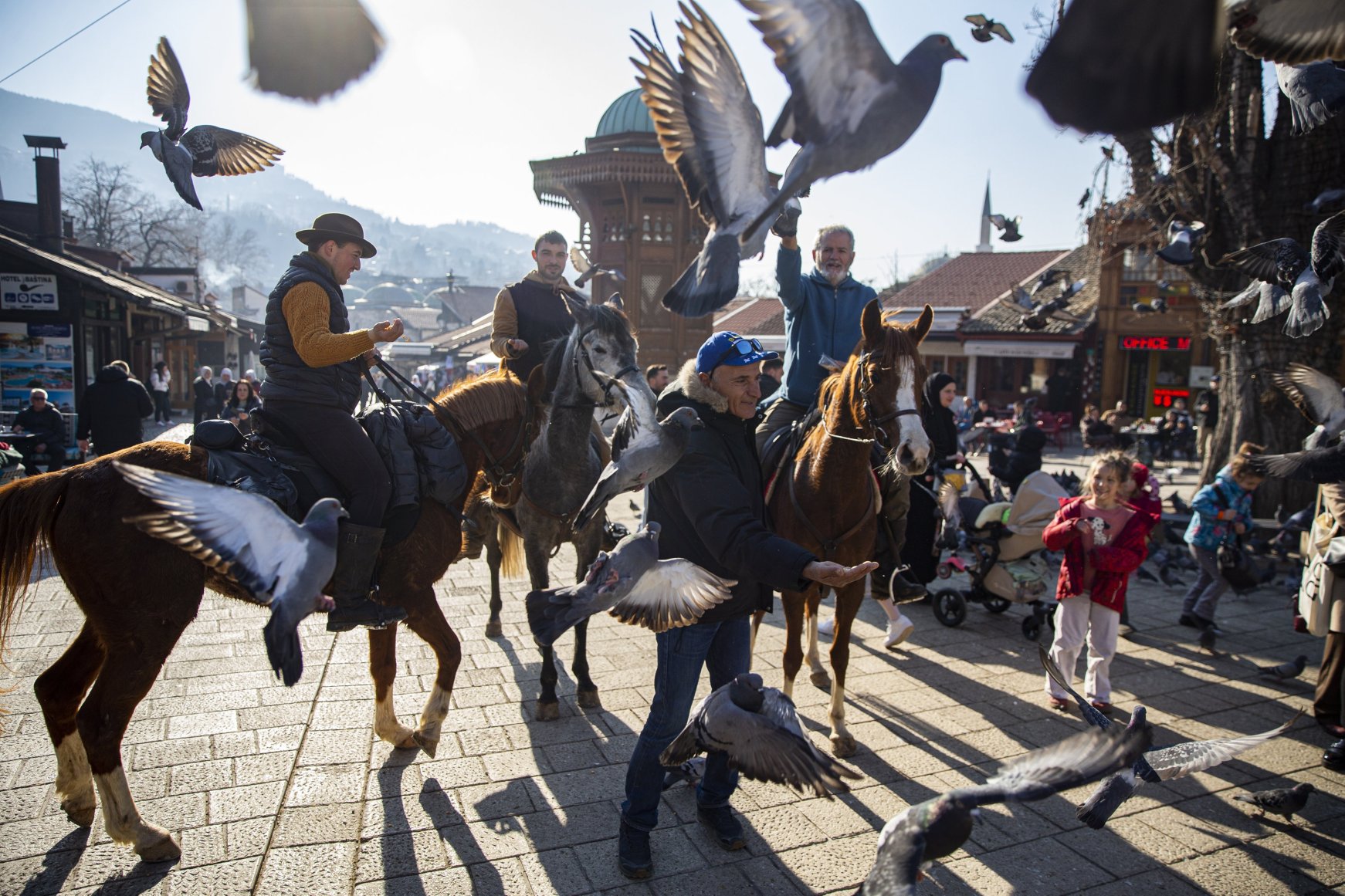
When they reached Qurayyat, a city in Saudi Arabia’s Al-Jawf Province, they were welcomed with kindness and respect. Mamdouh Al-Mutairi, head of Al-Haditha Center, greeted them and wished them a safe and accepted Hajj. Many local residents also came to meet the group, take pictures, and show support.
Supporting them throughout the journey was Bouchaib Jadil, a construction worker based in Spain, who drove ahead in a car to help with planning and supplies. His role helped the riders manage border paperwork and care for their horses.
For Harkassi, this journey had deep meaning. “We did this with pure intentions, to realize the Hajj in a way that honors our past.” The group had trained for years in Spain and Portugal to build their strength and prepare their horses.
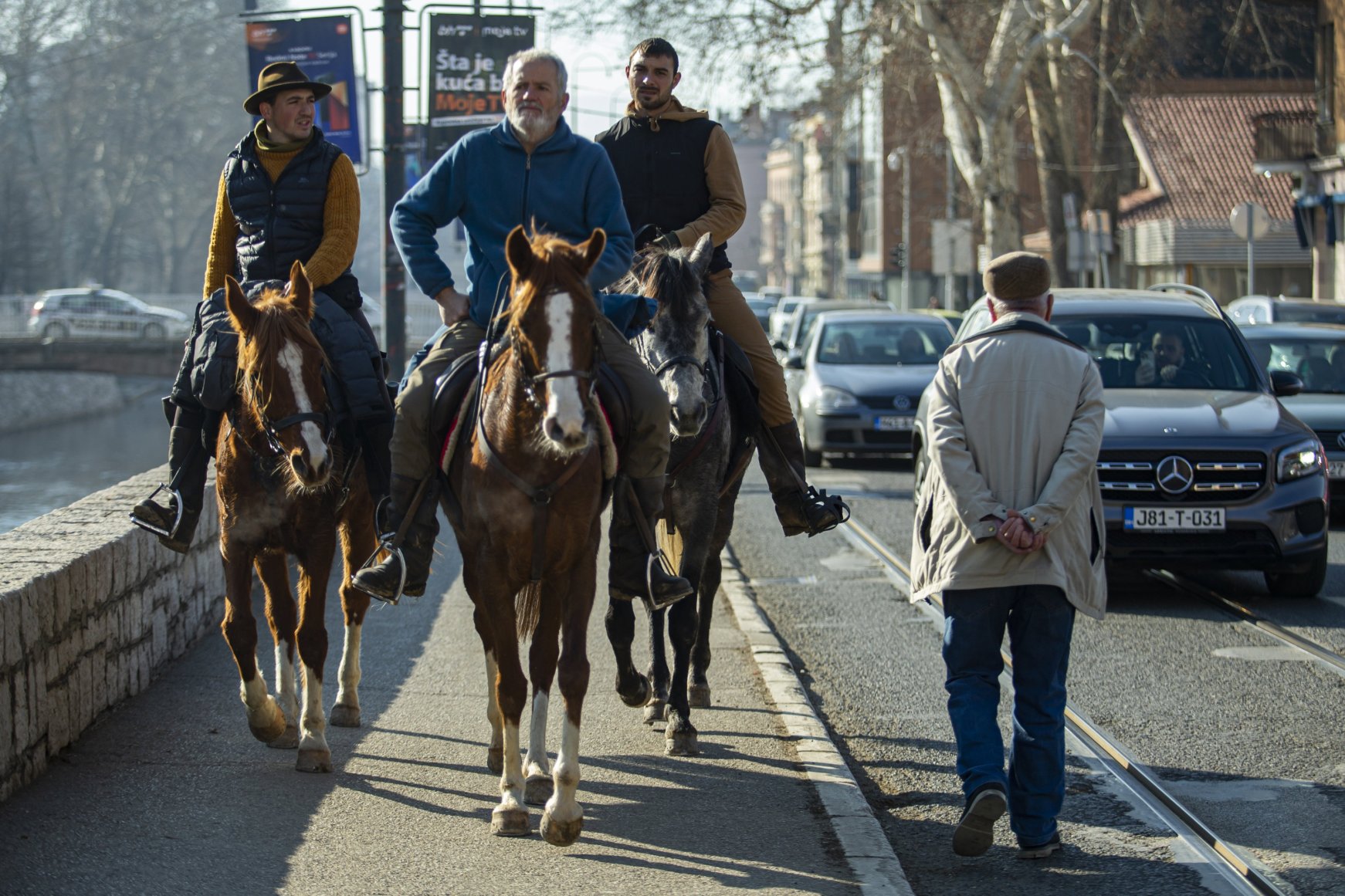
“We embarked on this journey with pure intentions,” he said. “We are almost there, and hopefully, the rest of the journey will be easier.”
The journey was full of difficulties. Transporting horses across borders proved complicated.
“Crossing borders has been the biggest challenge,” said Hernandez. “Horses are no longer viewed as transport, so we had to deal with complex livestock regulations.”
At one point, their plan to enter Serbia failed. “We couldn’t get approval for Serbia,” Harkassi explained. “Their government collapsed last week, so we couldn’t process our documents.”
Even with these problems, they continued. In some cases, they had to get new horses along the way. When they arrived in Sarajevo, the capital of Bosnia and Herzegovina, they were welcomed with interest and support.
They shared their journey online, which gained attention from people around the world.
Hernandez said: “We’ve been received with open arms everywhere we’ve gone — each country has somehow managed to be even more welcoming than the one before, MashAllah.”
“Through this journey, we want to recover a historical Andalusian route from Spain to the Harram of Makkah. It is also a trip of challenges… but also is a journey for the soul,” said Hernandez.
